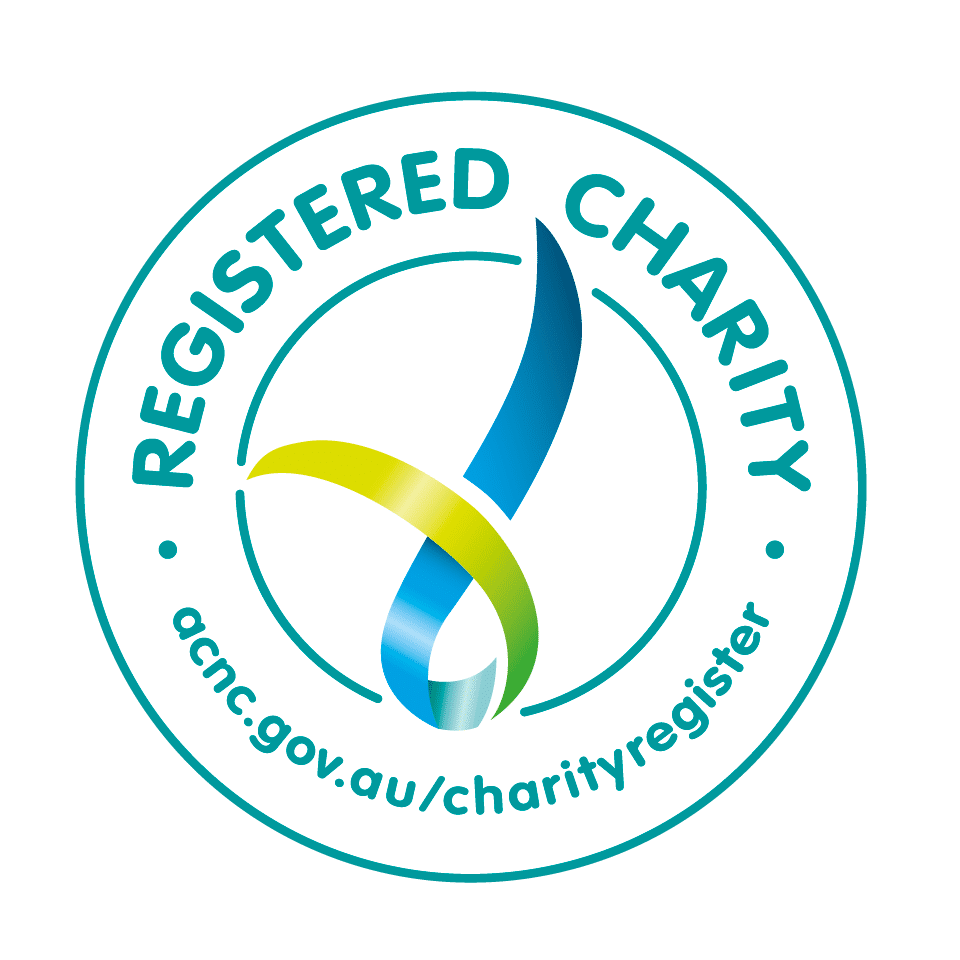Donate today to help discover new mental health treatments
Of all Australians aged 16-85 years:
45%
Will experience at least one episode of mental illness
17%
Will have suicidal thoughts
3.3 million
Will suffer debilitating anxiety
About four million Australians will experience the shadow of mental illness in any given year, affecting the way they think, their mood, their behaviour or the way they see the world around them.
Your support can directly impact on the recovery of young mental health patients at RBWH and support vital research into treatments and causes such as genetics, early life experiences, trauma and stress, or drug and alcohol abuse.
“The most recent comprehensive study into adolescent mental health disorders found almost one in seven people aged four to 17 — or more than 560,000 Australian children — have a mental disorder.

– Professor James Scott
Royal Brisbane and Women’s Hospital (RBWH) Early Psychosis Service Director
Your support can unlock mental illness treatments and interventions
The RBWH cares for mental health patients from the age of 16 upwards. Your support can provide funds for additional vital programs and research including:

Group Programs
These programs provide practical and social skills for mental health patients – some in the early stages of recovery from serious psychosis episodes.

Money Management Programs
Many of the patients at RBWH experience chronic stress as a result of an inability to manage money increasing relapses and homelessness.

Physical Health Programs
Physical health programs can prevent obesity and health issues, while also boosting self-esteem and mental health.

Youth Psychosis Prevention
Additional care and research to prevent psychosis will help prevent young people and their families from unnecessary suffering.

Peer Support
Training peer support workers to help mental health patients in their recovery from severe mental health issues.

Additional Professional Support
Support such as talking therapy, family intervention, practical support, social recovery and goal setting aid recovery.

A difficult childhood saw Josh spiral into depression and substance abuse
“I felt like I wasn't in control of my own body anymore,” said Josh. “I felt like everything I was hearing was someone's thoughts being broadcast.”
The RBWH Early Psychosis Service (EPS) helps young adults, like Josh, every day. But more resources and more research are needed to ensure young people can access the very latest in patient care and treatment.
“I didn't fight the system at all, I just allowed myself to be helped,” Josh explained. “I wouldn't be able to sit here and have a full conversation with you without it.”
Within eighteen months of receiving medical treatment, Josh's life changed dramatically. He is planning to study a Diploma of Community Services or Diploma of Alcohol, Drugs and Mental Health.
“Four out of five young people who come through RBWH are eventually able to go back to being treated by their GPs,” explained Professor Scott.
“They are being helped back into work, into education, into positive and fulfilling lives. Instead of ending up on the streets, they are coming home."
Your support will help us provide patients, like Josh, hope on the darkest of days.
Research to unchain young people from the burden of severe mental illness
RBWH Child and Youth Psychiatrist Professor James Scott has a bold vision: to unchain young people from the burden of severe mental illness such as psychosis.
Psychosis, experienced in bipolar disorder and schizophrenia, is characterised by episodes of seeing, hearing or believing things which are not real.
An RBWH Foundation grant enabled Professor Scott to lead a world-first study correlating childhood maltreatment with severity of psychosis symptoms.
“You have people with very severe schizophrenia not responding to medications and when you do therapeutic work addressing childhood maltreatment and get them to come to terms with what they were exposed to, their illness can improve."
His second RBWH Foundation grant linked first episode psychosis with autoimmune encephalitis, a condition where antibodies from the patient’s own immune system attack the brain.
Patients treated with immunosuppressant therapy, rather than antipsychotic medication, made a full recovery.

A monthly gift will help support ongoing mental health treatments and interventions
While every donation makes a difference, monthly gifts are the most powerful way to support life-saving mental health patient care projects and research. Your gift could make all the difference to someone suffering from a mental health crisis.




